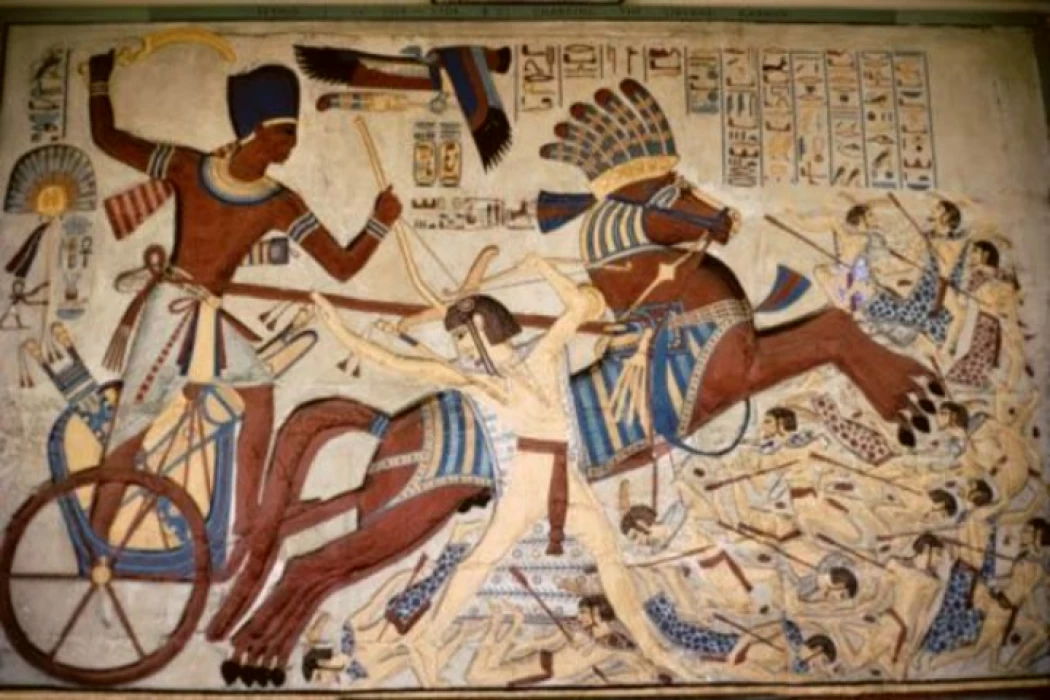
History of King Ahmose | The Warrior Pharaoh of Ancient Egypt
King Ahmose I, also known as Ahmose the Liberator, was the founder of the 18th Dynasty and the New Kingdom of Ancient Egypt. He is renowned for expelling the Hyksos, foreign rulers who had controlled Lower Egypt, and reunifying the Two Lands (Upper and Lower Egypt).
The family
Ahmose hails from the seventeenth dynasty of Thebes. His grandfather, Saqnun ra ta'a, and his grandmother Teti Shri had more than twelve sons, including Saqnun Ra and Ihat hatep. Brother and sister got married according to the traditions of the Queens of Ancient Egypt. They gave birth to Ahmose I, Camus, and a lot of females. They had several sons, including from the females Ahmose-Mert-Amun and Ahmose-set-Amun, from the males Si-Amun, Amenhotep I, Ahmose-Ankh, and RA-Mus, and they may also have fathered Mutun-Feret, who married Thutmose I.
Military campaigns
Expulsion of the Hyksos King saqnun-Ra was the first to attack the Hyksos to fight them and get them out of Egypt and was killed in one of his battles with the Hyksos, then his son Kames completed the war until Upper Egypt was cleansed of the Hyksos and then Ahmose expelled the Hyksos out of the country.
His reign
After the end of his wars to expel the enemies and secure the borders of Egypt, Ahmose turned his attention to internal affairs, which were dilapidated during the period of the Hyksos occupation. he reformed the tax system, reopened trade routes, and repaired aqueducts and the irrigation system.
His tomb
It is believed that Ahmose has two tombs, one in Abydos, consisting of a sloping temple, a funerary tomb and the remains of a pyramid discovered in 1899.














